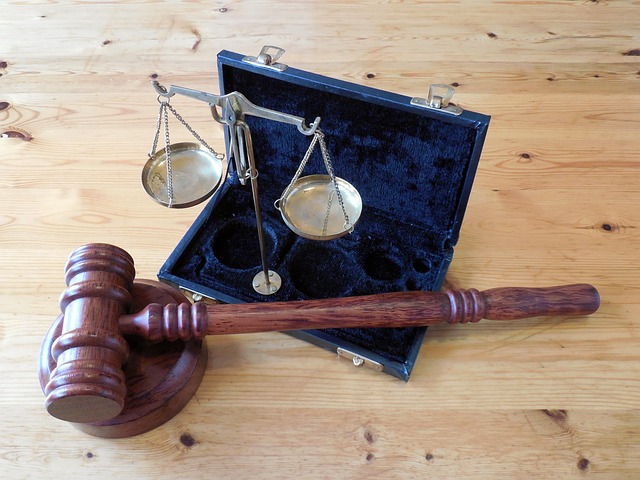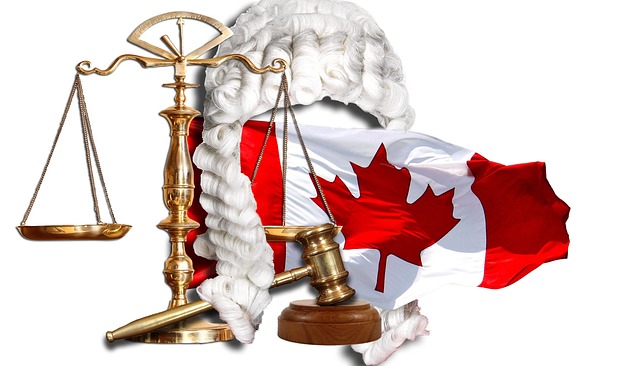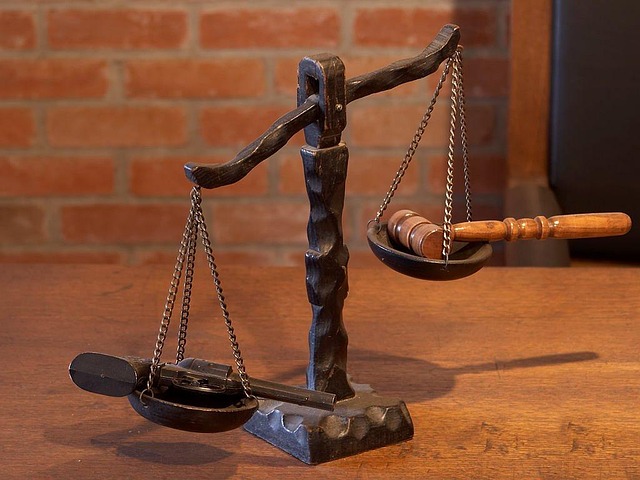Consumer protection laws are vital for fair business practices, especially in merger agreements where regulatory challenges arise from market dominance, industry regulations, and antitrust laws. Legal teams must ensure compliance, mitigate risks through due diligence, and maintain transparency to protect clients' interests and avoid legal consequences.
Consumer protection suits play a vital role in safeguarding individuals from unfair business practices. As companies merge, understanding the intricate web of consumer protection laws becomes essential. This article guides you through key aspects, including identifying potential merger issues and navigating the complex landscape of regulatory challenges post-merger. By delving into these areas, businesses can ensure compliance, foster trust, and mitigate risks associated with merger agreements while upholding consumer rights.
- Understanding Consumer Protection Laws
- Identifying Potential Merger Issues
- Navigating Regulatory Challenges Post-Merger
Understanding Consumer Protection Laws
Consumer Protection Laws are designed to safeguard the rights of individuals in their interactions with businesses. These laws cover a wide range of issues, from product safety and fair pricing to marketing practices and data privacy. Understanding these regulations is crucial for both corporate and individual clients, as non-compliance can lead to significant legal and financial consequences. In today’s complex business landscape, especially with the rise of digital commerce, navigating these laws presents substantial regulatory challenges in merger agreements.
An unprecedented track record of consumer protection efforts has been witnessed across various industries, driven by a concerted focus on ethical business practices. This has not only fostered trust among the general public but also encouraged philanthropy and political communities to advocate for stronger safeguards. As legal frameworks evolve to meet these demands, businesses must adapt their strategies, ensuring compliance while maintaining competitive edges in the market.
Identifying Potential Merger Issues
Identifying potential merger issues is a critical step in ensuring smooth transactions. When two companies merge, Regulatory Challenges in Merger Agreements can arise due to various factors, such as market dominance, industry-specific regulations, and antitrust laws. These challenges often require meticulous scrutiny of the proposed merger’s impact on competition, consumer choices, and overall market dynamics. Legal teams must navigate through complex regulatory environments to ensure compliance and mitigate potential risks.
For his clients, achieving extraordinary results in these cases demands a comprehensive understanding of all stages of the investigative and enforcement process. By proactively identifying and addressing merger-related issues, legal professionals can guide their clients towards successful integrations, protecting their interests and ensuring compliance with relevant laws and regulations.
Navigating Regulatory Challenges Post-Merger
When companies merge, they often face complex regulatory challenges that require careful navigation. In the context of consumer protection, ensuring fair practices and maintaining transparency is paramount. Regulatory authorities scrutinize merger agreements to prevent anti-competitive behaviors and protect the interests of both corporate and individual clients. A thorough understanding of these regulations is crucial to avoiding legal pitfalls and potential indictments.
Previous mergers have showcased the significance of comprehensive due diligence, as demonstrated by numerous cases where companies with an unprecedented track record of regulatory compliance still encountered issues post-merger. This underscores the need for meticulous planning, open communication with regulators, and a proactive approach to address any potential red flags.
Understanding consumer protection laws, identifying potential merger issues, and navigating post-merger regulatory challenges are paramount for ensuring fair business practices. By adhering to these guidelines, companies can avoid legal pitfalls, foster trust with consumers, and contribute to a robust market environment. In the context of merger agreements, paying close attention to Regulatory Challenges in Merger Agreements is crucial to prevent disruptions and ensure smooth integration processes that benefit all stakeholders.






